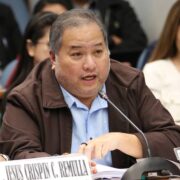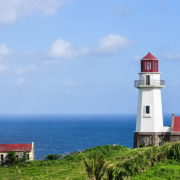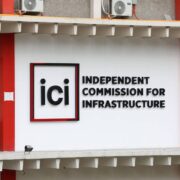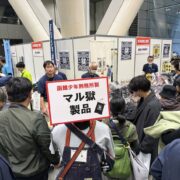Baguio’s daily trash drops by 50 tons after shift to reusing waste
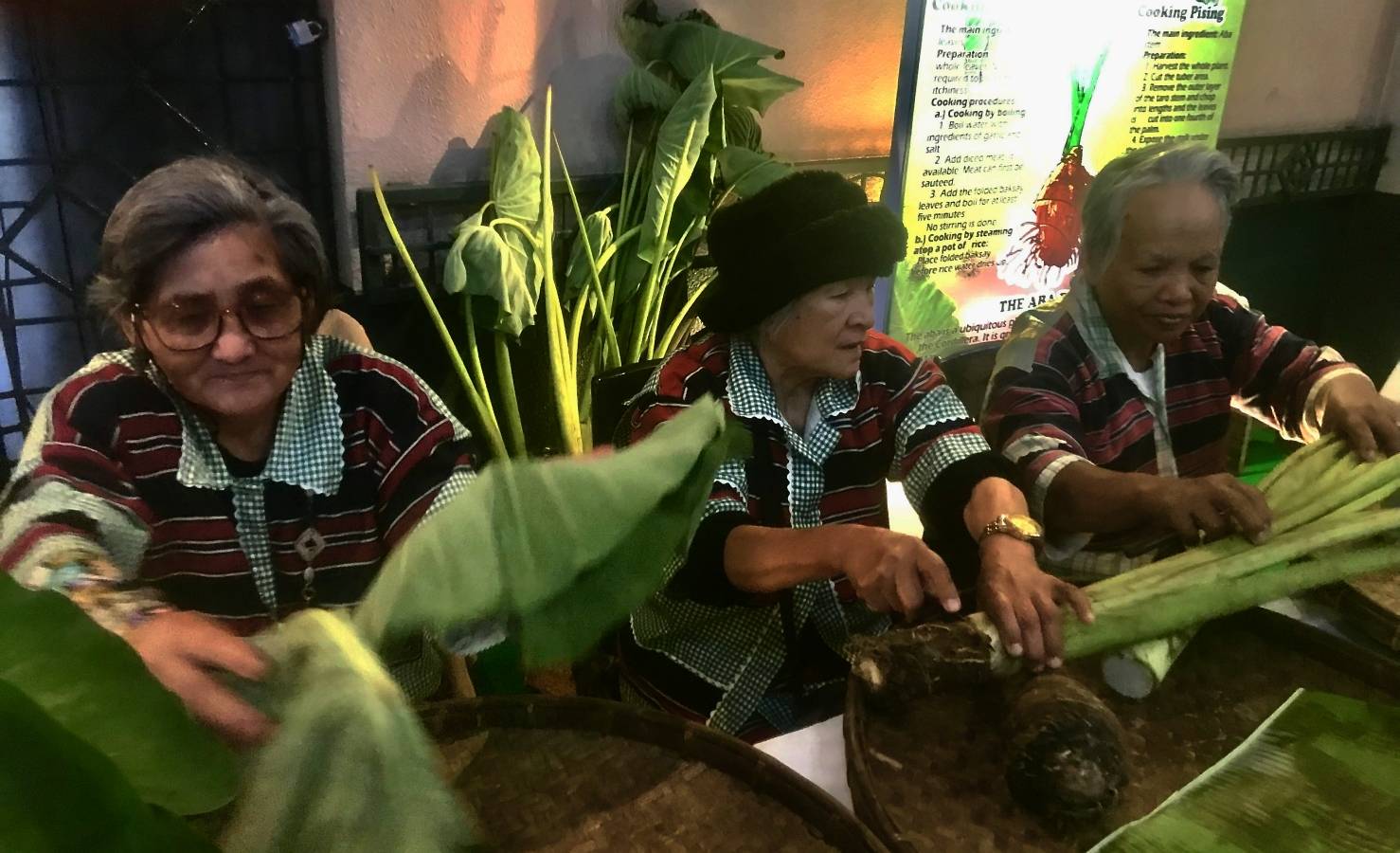
BAGUIO CITY — The volume of trash hauled out of this city during the Yuletide season went down by 50 metric tons in December last year, following the city’s adoption of a “circular economy,” where waste is treated as a resource that can be recycled, repurposed, or reprocessed for local consumers.
Mayor Benjamin Magalong said Baguio usually generated an average of 250 metric tons (MT) of waste daily, which is transported to a commercial landfill in Central Luzon after the city closed its own open dump that collapsed during a storm in 2011. The city spent P210 million last year to dispose of its trash.
In July last year, Magalong announced he abandoned all waste-to-energy projects he initially pursued in 2019 as a garbage management solution. Instead, he chose to address wasteful consumption, which he identified as the root cause of Baguio’s increasing waste generation.
Six months ago, the city administration required households to sort recyclables from residual waste and to collect kitchen waste in backyard compost bins for use in home gardens or communal food farms. It also enforced an existing ordinance banning single-use plastic bags in markets and all commercial establishments.
This shift set the stage for commercializing upcycled products such as shopping bags, handbags, furnishings, and even footwear made from repurposed waste materials, he said.
Significant reduction
The immediate result of Baguio’s policies will be a significant reduction—by as much as 75 percent—in government spending on trash hauling, the mayor said on Friday during the launch of Baguio’s green or circular economy program.
The initiative is financed by the European Union and supported by the United Nations Development Programme (UNDP).
A circular economy involves community-led programs designed to extend the lifespan of consumed products, thereby reducing pressure on natural resources, explained Eugene Buyuccan, head of Baguio’s General Services Office.
This approach requires recycling or “remanufacturing” household waste into new products that are reintegrated into the supply chain.
Baguio is among the first 10 local governments to benefit from the EU-PH Partnership for Green Economy’s Green Local Government Units Programme (EU GEPP), according to Massimo Santoro, EU Ambassador to the Philippines. He led a delegation of 18 European ambassadors who visited Baguio this week.
Dr. Moeko Saito Jensen, EU GEPP project manager, added that producing new goods from waste not only curbs excessive trash generation but also minimizes the need for further resource extraction.
Allocation
The EU has earmarked P3.67 billion to develop circular economy initiatives in up to 60 local governments in the Philippines by 2028, Santoro said during a separate news conference on Wednesday.
One innovation that stood out to the visiting ambassadors was Baguio’s experiment with black soldier fly larvae to convert food waste into compost or fertilizer, Santoro noted. This biotechnology, popularized in Central Luzon, is currently being piloted by the city government at the Irisan Ecological Park, the site of Baguio’s former dump.
Inspired by traditional recipes from the Baguio Ibaloy community in the Happy Hallow Ancestral Domain, the city’s circular economy program also promotes vegetables like taro (gabi), as every part of the plant can be used for cooking, minimizing waste, said Rosella Camhit-Bahni, a researcher involved in the Baguio Cultural Mapping project.
At Friday’s launch, Councilor Betty Lourdes Tabanda, chair of the Health and Environment Committee, said the Baguio government plans to offer incentives for startup businesses that manufacture products or devices from upcycled waste.
Businesses that use these products may also receive benefits. She added that the city could pass ordinances requiring public offices and institutions to procure upcycled goods.
Jensen noted that EU countries have committed to a “Green Deal” to make Europe carbon-neutral by 2025, addressing the carbon footprint that contributes to global warming.
However, the EU is also expanding its Green Deal initiatives to the Asia-Pacific region, where nearly 50 percent of global pollution originates due to its 4.3 billion population, Jensen said.
During a Jan. 27 dinner hosted by Baguio officials, EU ambassadors expressed interest in collaborating on urban forest management, agriculture, tourism, education, and solid waste management, said Baguio Councilor Isabelo Cosalan Jr. He added that EU diplomats were also keen on understanding the impact of good governance advocacy on city residents.





